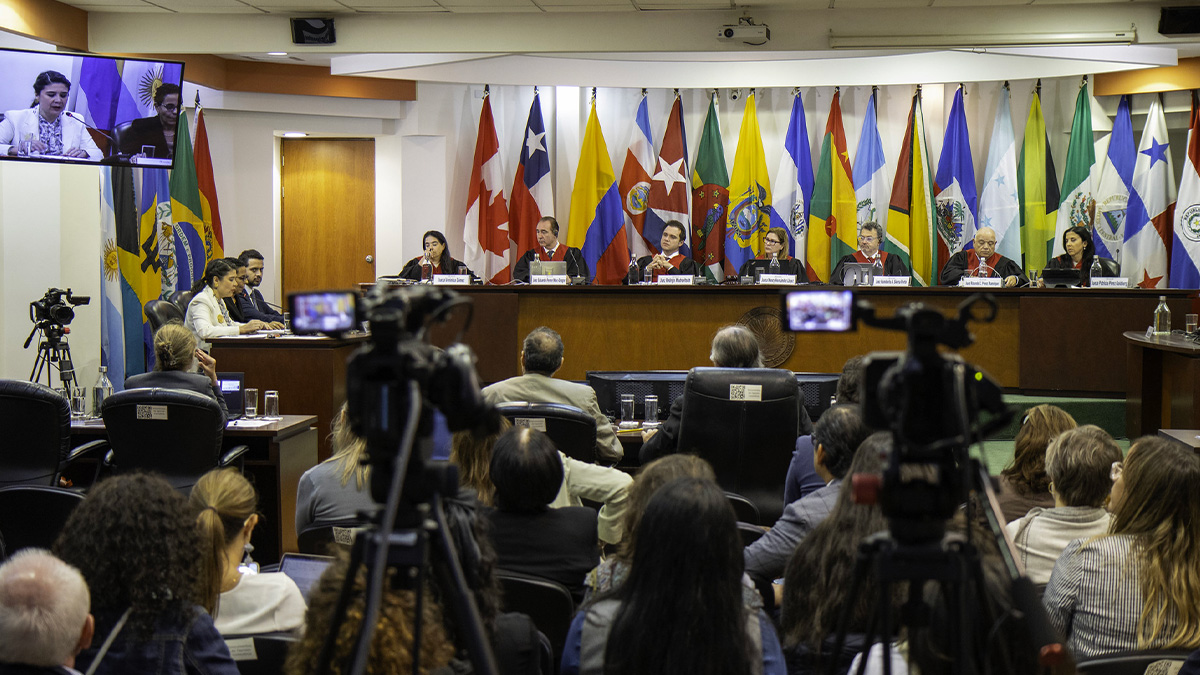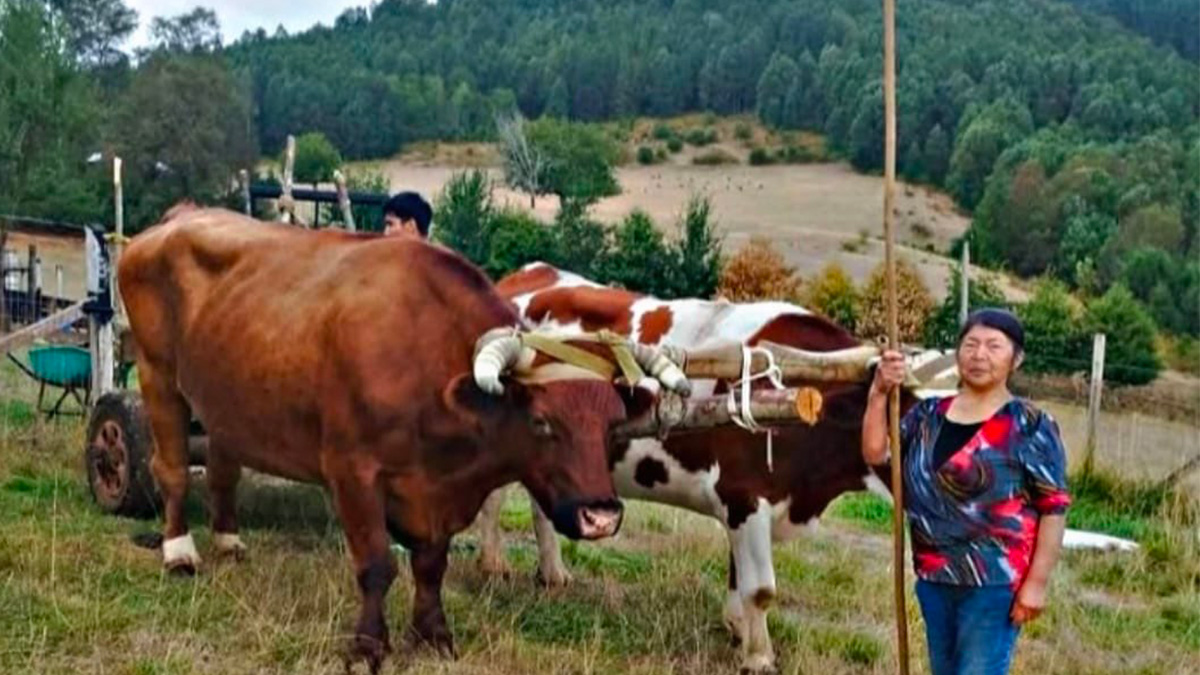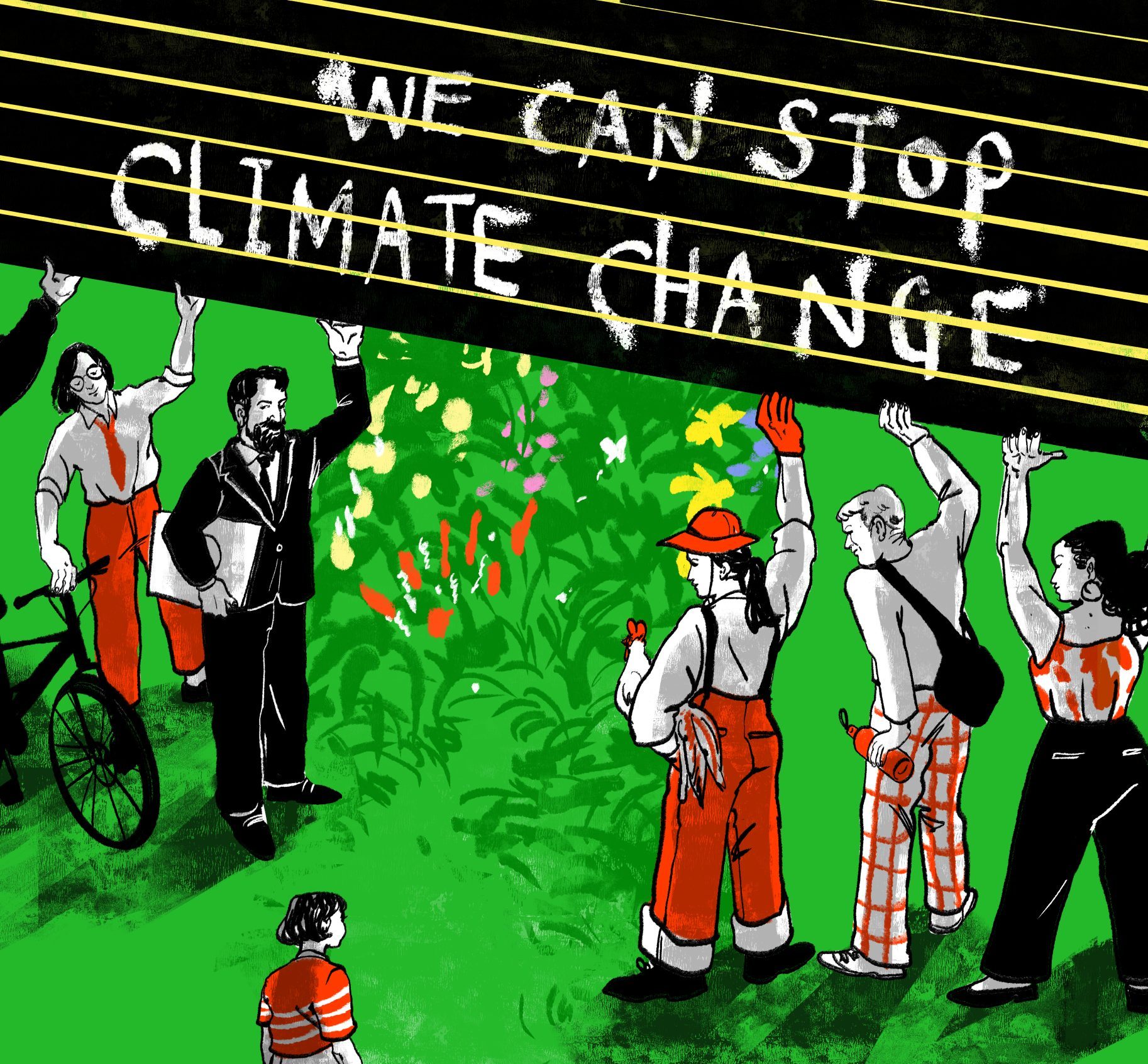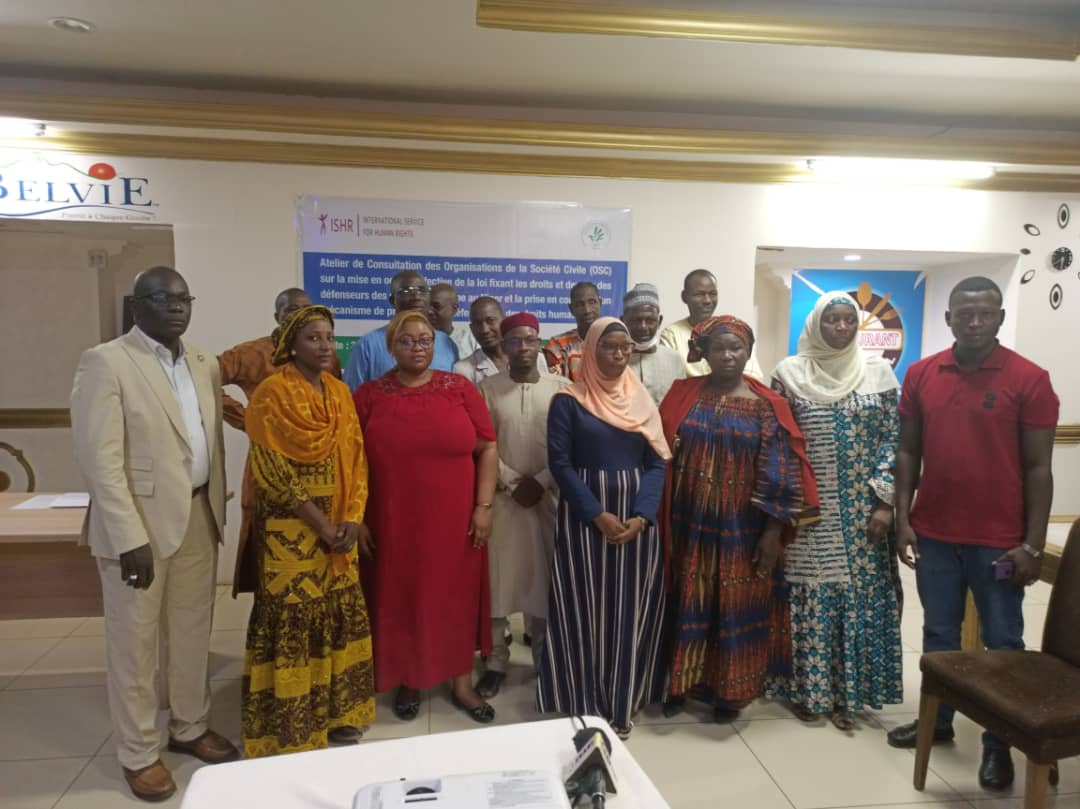Nearly a year after the disappearance of Indigenous environmental human rights defender Julia Chuñil, the Committee to Support Implementation and Compliance of the Escazú Agreement has recognised the urgent need to protect her relatives, who have repeatedly expressed concerns for their safety since her disappearance.
Chuñil was last seen 8 November 2024 near her home near the commune of Máfil, in southern Chile. She started her fight for her land in 2015, leading an Indigenous community engaging in the protection of animals and the conservation of ancestral forest. She had repeatedly suffered harassment and intimidation by a local business owner intending on taking her land, as well as other individuals allegedly paid by him.
To this day, Chuñil’s whereabouts remain unknown.
Since her disappearance, her relatives denounced an ineffective investigation by local authorities, marred by prejudice against the Mapuche Indigenous group which they are a part of. National authorities, they said, have also been slow to take measures to protect them from the same threats that weighed over Chuñil, even casting doubts about whether her fate could be tied to her environmental activism and Indigenous leadership role.
Faced with authorities’ inaction, Pablo San Martín Chuñil, Julia’s son, petitioned the Committee to Support Implementation and Compliance of the Escazú Agreement, which concluded that there is evidence of intimidations, threats and stigmatisation against Julia’s family and therefore decided to activate its rapid response mechanism to compel the State to act.
The Committee accepted the petition and in a communication received on 22 October it urged Chile to take immediate precautionary measures to ensure the safety of Chuñil’s relatives.
ISHR and Fundación Escazú Ahora supported Pablo San Martín Chuñil in his petition process.
Signed in 2021, the Escazú Agreement is a binding regional human and environmental rights treaty that covers Latin America and the Caribbean. It has 17 State parties, including Chile since 2022.
Article 9 of the treaty binds States to protect environmental human rights defenders. In response to Pablo San Martín Chuñil’s petition, the Committee to Support Implementation and Compliance found Chilean State authorities to be in breach of this article, marking the first time the Escazú Agreement’s rapid response mechanism is triggered to force a party into action.
The Committee also requested the Chilean State provide a written update detailing progress on enacting protective measures for Julia Chuñil’s relatives by 10 November.




